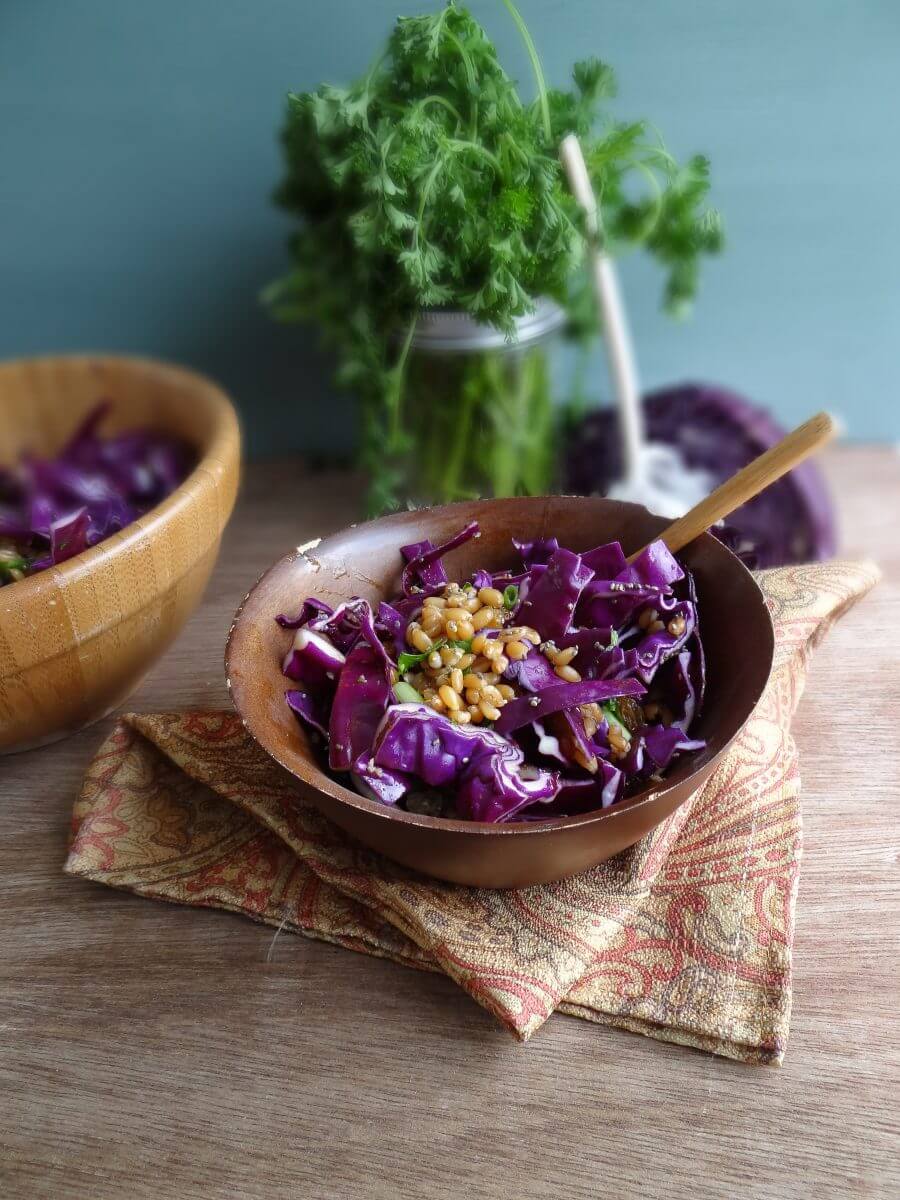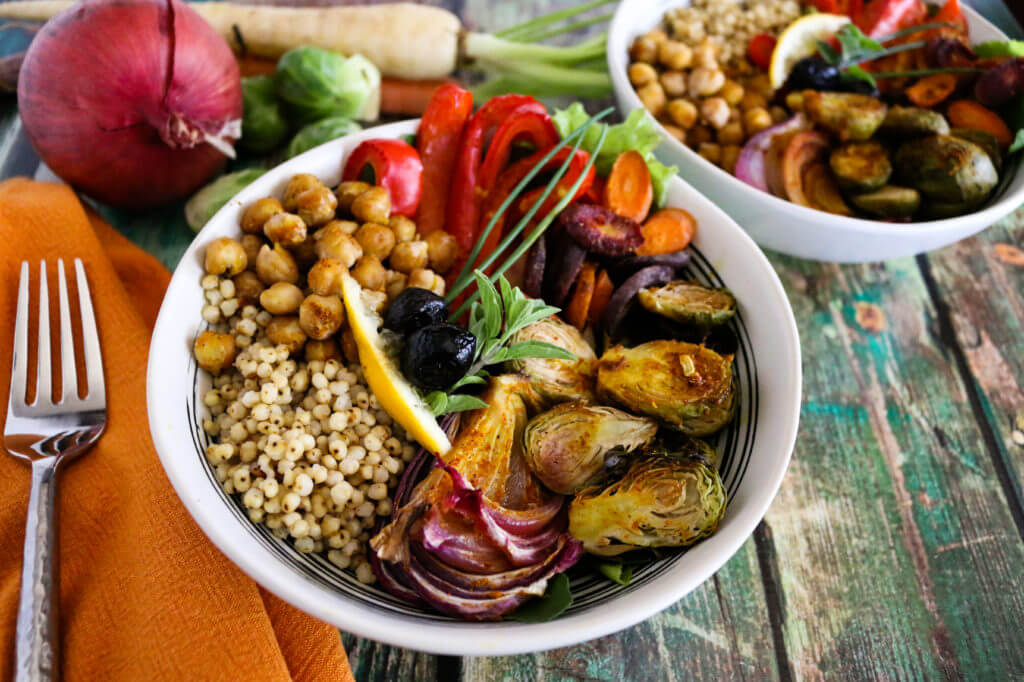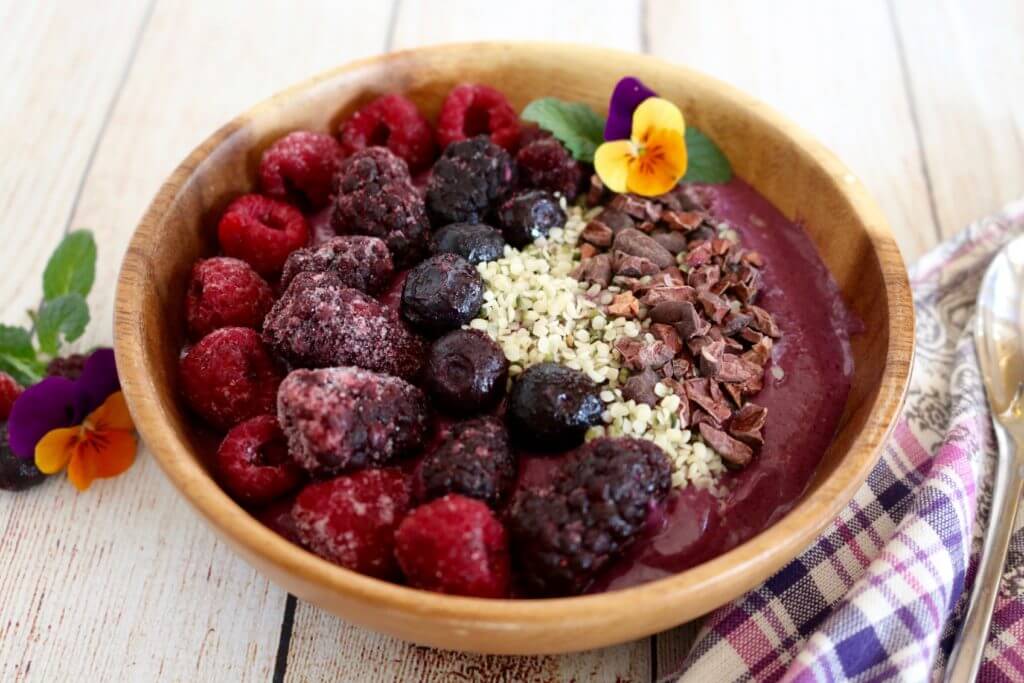5 Dietitian Tips for Fueling Fitness with Plants

Your body needs powerful nutrients from plants—carbohydrates, proteins, vitamins, minerals, and phytochemicals—to work at its best. Whether you’re training for a marathon, prepping for a long hike, or simply eating to fuel your daily workout, plant-based nutrition is there for you. Not only do plants, such as whole grains, pulses (beans, lentils, peas), fruits, vegetables, nuts, and seeds, provide you with sources of energy and protein to push your body, muscles, and organs forward to support your activities, they contain other nutrients that can help fight inflammation and boost recovery. No matter what your diet—flexitarian, vegetarian, vegan, or omnivore—powering up on plants is great for your fitness routine. That’s why I asked top dietitians to weigh in on their best tips for fueling your fitness with delicious, nutritious plants. So, eat up and dive into your athletic performance!
5 Dietitian Tips for Fueling Fitness with Plants

1. Power Up with Antioxidants. Paint your plate with plant foods in every color of the rainbow—those colors are a calling card for powerful phytochemicals with antioxidant activities. “Athletes push their bodies to the limits and it becomes even more important to get adequate amounts of key micronutrients, like antioxidants. Beyond just the dark green veggies we know are so good for us, deep red and orange (carrots, bell peppers), vibrant purple (cabbage, blueberries), and even down to white vegetables (mushrooms, cauliflower) provide an array of different antioxidants. A guideline would be to fill half of each plate with fruits and vegetables. This allows you flexibility to choose the produce you enjoy while helping you fuel up to reach your performance goals,” says Lindsey McCoy, RD, CSSD of Crave Nutrition RD.

2. Eat a Balanced Diet. Make sure that you are balancing your plate with healthy sources of protein, carbs, and fat at each meal and snack. “Athletes have higher nutrient needs overall, from protein and carbs to vitamins and minerals, so aim to get a variety of nutrient-rich foods at each meal and snack. Incorporate plant-based proteins, like beans, tofu, nuts and seeds; plus fruits, vegetables, whole grains, and healthy fats, such as avocado, nuts or olive oil into each eating occasion. By choosing a variety of whole foods you will get what you need without having to obsess over each meal,” says Sarah Gold Anzlovar, MS, RDN, LDN.

3. Fuel Your Muscles with Protein and Carbs. Prioritize good sources of plant proteins and healthy carbs at meal and snack times. “Be sure to fuel those muscles with protein and carbohydrate within two hours of completing the workout. This will provide your muscles with the fuel to rebuild the damaged muscle, so that it can rebuild bigger and stronger,” says Jean LaMantia, RD.

4. Don’t Neglect the Micronutrients. Think beyond protein, fat, and carbs to vitamins, minerals, and phytochemicals. “Often times most people focus on macronutrients and forget about micronutrient importance when it comes to performance. Especially in those following a plant-based lifestyle, micronutrients need to be taken care of through eating a variety of foods and getting sufficient quantities in their day to ensure their diet is optimized for their sport. Minerals of concern can include iron, which is needed for energy, calcium, to keep bones strong, and the electrolytes, including potassium, sodium and magnesium, which keep muscles from cramping and protecting your heart, are all things that need to be met from foods. From a vitamin perspective, athletes can also benefit from higher levels of B-vitamins, which help with energy release and preventing anemia, and also potentially vitamin C, as the body burns more during states of stress, which includes exercise-induced stress,” says Chelsea Cross, RDN.

5. Special Foods for Special Benefits. Some plants are especially powerful in the fitness world. “While all plant foods are healthful, some are superstars in the performance world. For example, increasing research links beets—high in nitrates—to better athletic performance and recovery. And tart cherries have been shown to reduce inflammation in athletic performance. However, keep in mind that many plant foods have inflammatory benefits—such as berries, green leafy vegetables, orange-yellow-red vegetables, and spices and herbs. The bottom line is to get a wide variety of colorful fruits and vegetables at each meal to promote an anti-inflammatory diet pattern,” says Sharon Palmer, RDN, The Plant-Powered Dietitian.
If you’d like to learn more about plant-based fitness, check out these blogs:
Plant-Based Eating to Fuel Cycling
Plant-Powered Eating on the Hiking Trail
Plant Chat: Santino Panico, Filmmaker, From the Ground Up
Plant Chat: Alex Honnold



